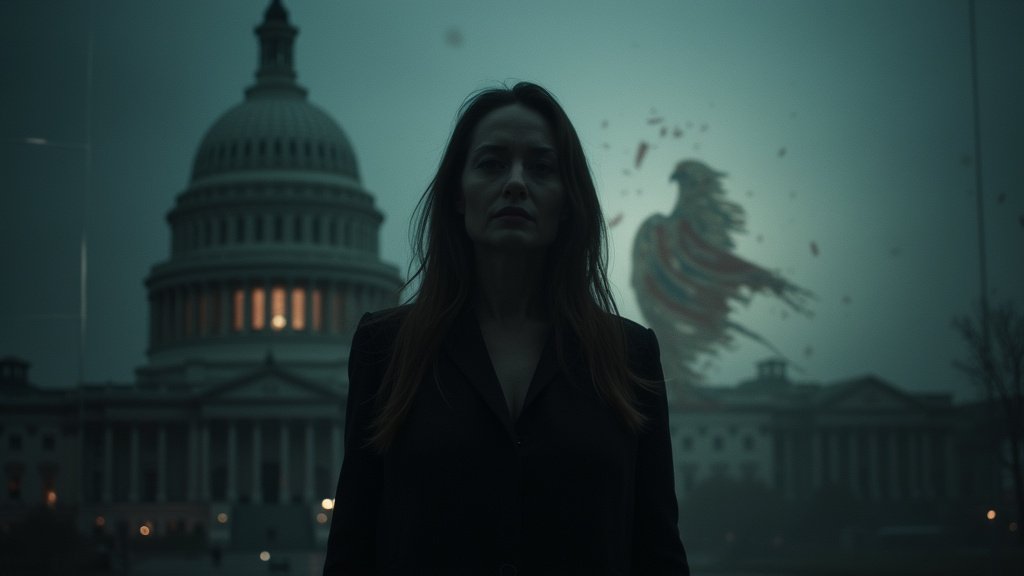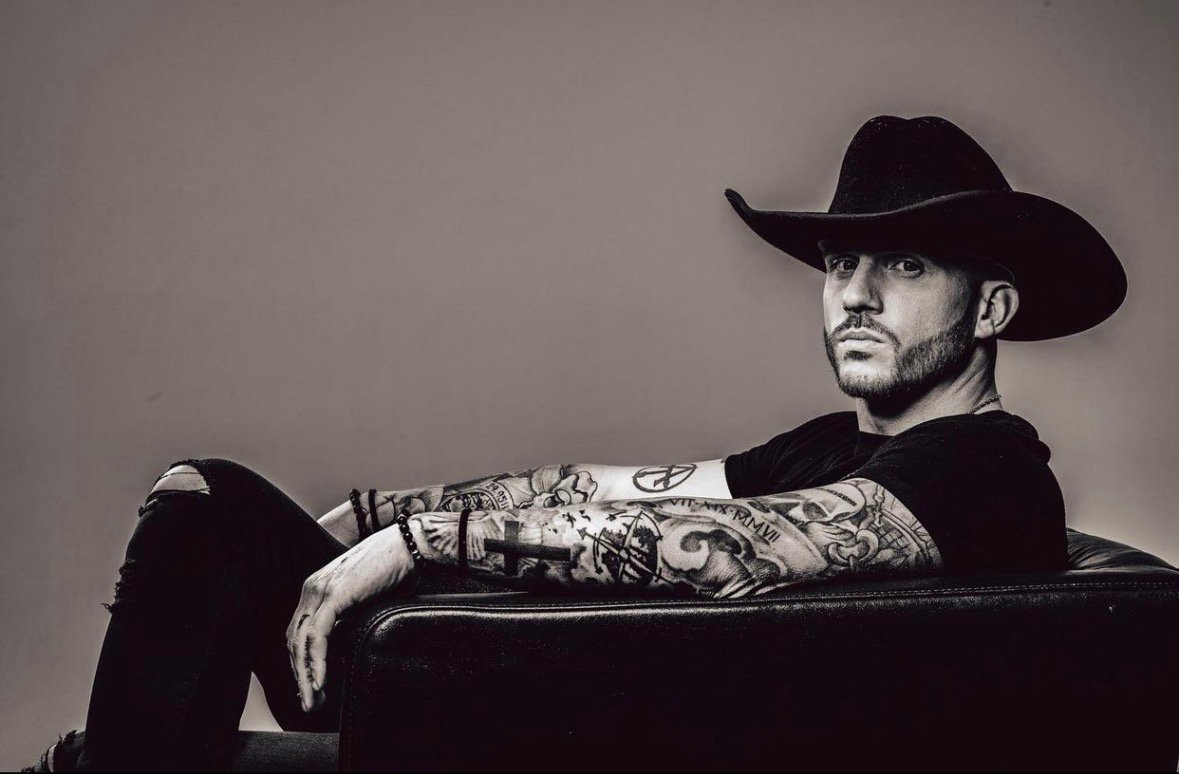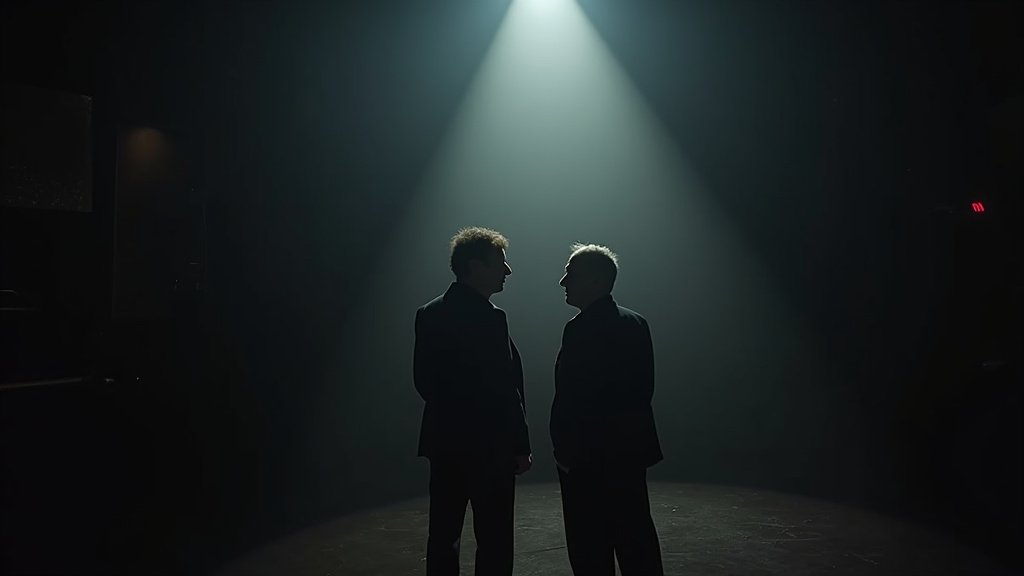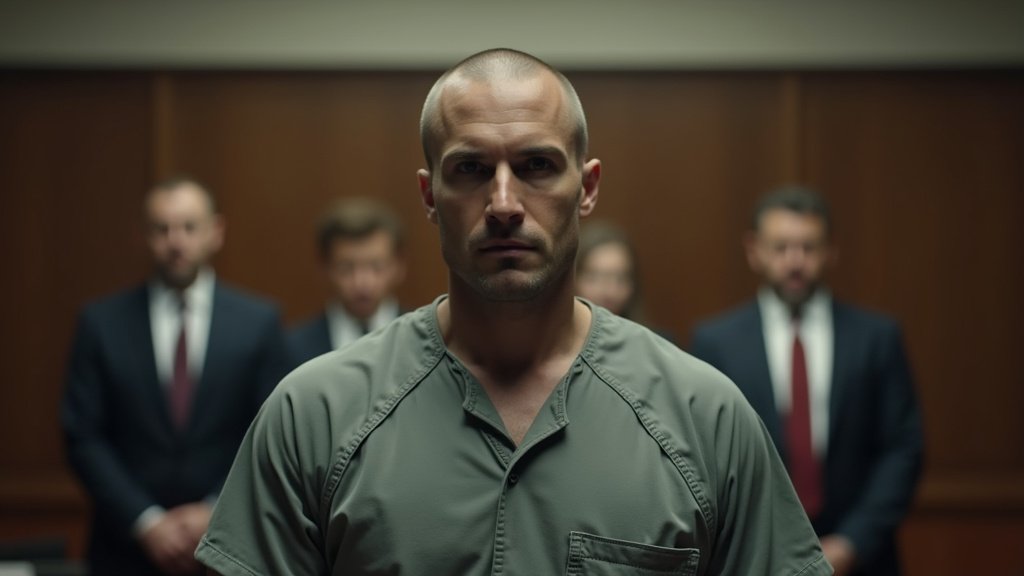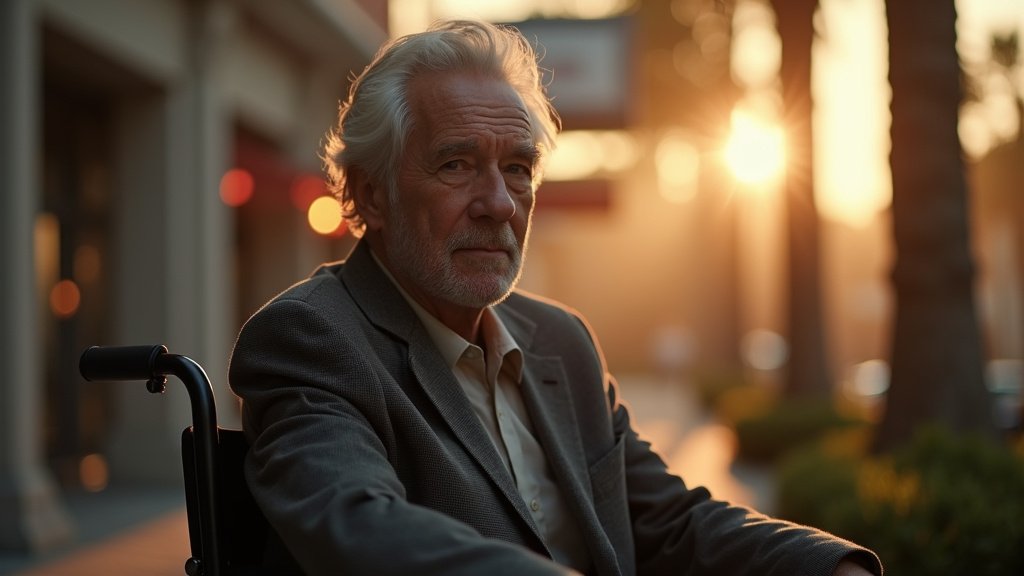Hollywood icon Angelina Jolie has voiced profound concern over the state of free expression in the United States, stating she “don’t recognise my country” and describing the current period as “very, very heavy times.” Her stark assessment was delivered during a press event at Spain’s San Sebastián Film Festival on Sunday, where she was promoting her latest film, ‘Couture’.
A Climate of Concern
Jolie’s remarks come amid a heightened atmosphere of apprehension surrounding freedom of speech and the press in the United States. When questioned about her fears as an artist and an American, the Oscar-winning actress paused before expressing her disquiet. “I love my country, but I don’t at this time recognise my country,” Jolie stated. She elaborated, “Anything, anywhere, that divides or, of course, limits personal expressions and freedoms, and from anyone, I think, is very dangerous.”
Her comments echo broader anxieties about perceived crackdowns on critical media and dissenting voices. The actress’s statement has garnered significant attention as news cycles are often dominated by political discourse and entertainment headlines, making it a piece of trending news that cuts across both spheres.
The Jimmy Kimmel Suspension
A significant backdrop to Jolie’s statement is the recent indefinite suspension of late-night host Jimmy Kimmel’s show. The ABC network pulled ‘Jimmy Kimmel Live!’ from its schedule following comments the host made regarding the killing of conservative influencer Charlie Kirk. Reports suggest that pressure from conservative groups and, according to critics, actions influenced by Trump administration officials, including FCC Chair Brendan Carr, played a role in the network’s decision. This move has been decried by many as a dangerous precedent and an attack on free speech, drawing condemnation from politicians, media figures, and free speech advocacy groups.
Broader Fears of an Assault on Free Speech
Critics argue that the suspension of Kimmel’s show is not an isolated incident but rather part of a pattern of actions aimed at stifling criticism and controlling narratives, particularly concerning the former Trump administration. Concerns have been raised about the weaponization of government agencies, legal pressure, and regulatory actions against media outlets and individuals who voice opposition to the administration’s agenda. The Foundation for Individual Rights and Expression, among other groups, has characterized these as “dark times for free speech in the United States.”
Jolie’s own past activism, including her opposition to the Trump administration’s immigration ban in 2017, underscores her long-standing engagement with issues of human rights and freedom. Her current remarks suggest a deepening concern about the fundamental tenets of American democracy and the right to open expression.
Hollywood’s Unease and Wider Impact
Jolie’s statement adds a prominent voice from Hollywood to the growing chorus of unease. The entertainment industry, often a platform for social commentary, faces its own set of challenges and debates surrounding artistic freedom and political expression. The news from San Sebastián highlights how deeply such concerns resonate within the global arts community, extending beyond the immediate hype of celebrity appearances.
Her connection to her role in ‘Couture,’ where she plays a film director facing personal and health challenges, also seemed to inform her perspective, as she reflected on the importance of open dialogue and the loneliness of facing adversity. She mentioned wishing her own mother had been able to speak as openly.
A World in ‘Heavy Times’
Angelina Jolie’s declaration at the San Sebastián Film Festival serves as a significant marker in the ongoing discourse about the health of free speech in America. By stating that she “doesn’t recognise” her country, she articulates a fear shared by many that fundamental freedoms are under threat, in what she unequivocally calls “very, very heavy times.” This news underscores the critical juncture at which discussions on liberty, expression, and democratic values currently stand.

